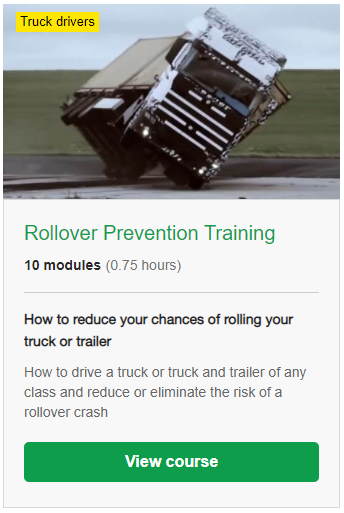Tanker trucks carry bulk liquids or gases. They come in the following configurations:
- Rigid mounted
- Dog trailer
- B double
- Semitrailer
- Road train
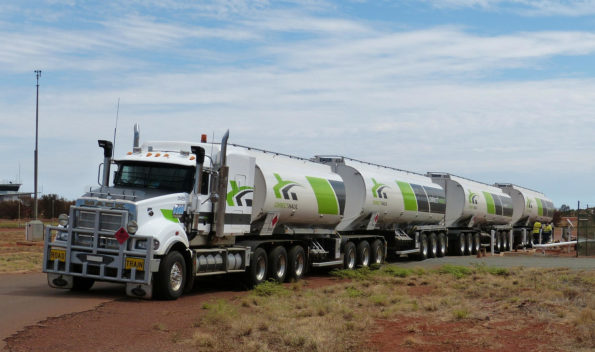
Water trucks are included in the definition of a tanker truck.
Removable tanks are also able to be attached to semiskel trailers using ISO twist locks.
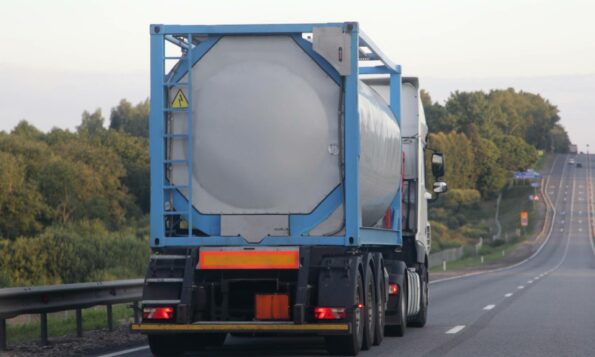
The part that holds the liquid or gas also comes in various formats:
- Insulated or non-insulated
- Pressurised or non-pressurised
- Compartmentalised, fitted with baffles or single product
- Flameproof
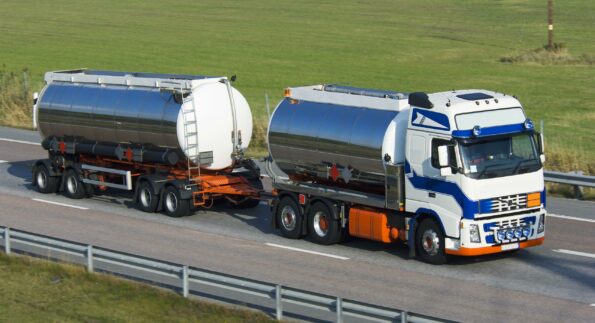
Finally, there is the equipment to remove the products from the tanker itself such as sprayers and hoses.
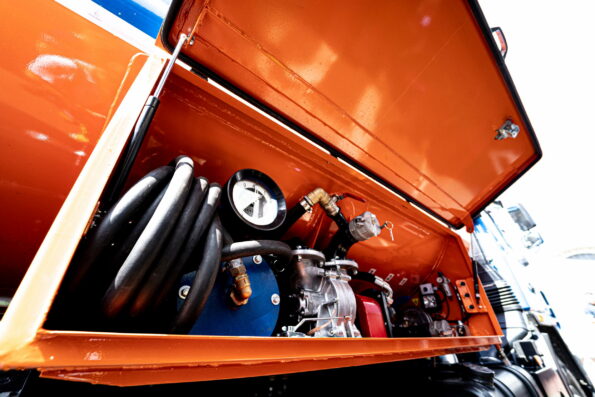
The tanker should comply with Australian standards such as AS1665 and AS1554 for welding aluminium and steel, respectively.
The most common types of tankers are fuel tankers that transport fuel to service stations all around the country, but if you’re in rural areas then it’s common to see agricultural chemicals being transported, and near industrial plants, tankers could be picking up all sorts of chemicals.
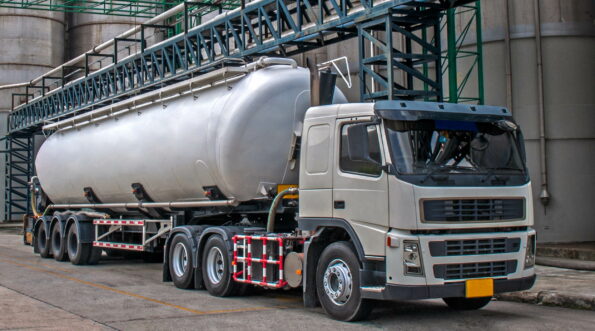
Rollover risk
Tanker drivers need to be highly skilled because the risk of rollover is real. Drivers should do rollover prevention training as carrying live loads like liquids creates additional forces on the truck. The trucks at most risk from rollovers are tankers, cement mixers and livestock trucks
